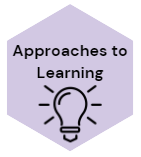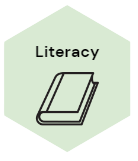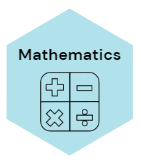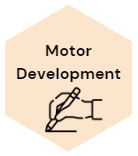Early Learning Foundational Skills: A Module for Educators and Caregivers

How to Use This Resource
Thank you for your interest in understanding more about the knowledge and skills that help young children grow into strong learners. This module contains many resources to help you build your understanding.
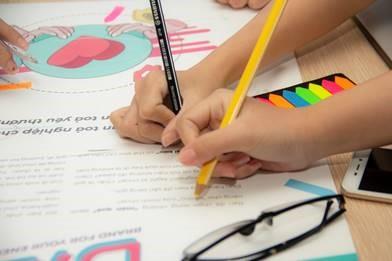
Take time to review these segments:
- What are foundational skills?
- Why foundational skills are important.
- How to support children with foundational skills.
Select a topic you want to learn more about:
- approaches to learning,
- literacy,
- mathematics, and/or
- motor development.
Read the overview for that topic. Then, explore the areas of focus within the topic. Check out how the areas grow over time. Select an age span that fits what you see your child doing and explore ways in which you can help them. Click the topic button below to learn more.
Foundational Skills Overview
What are foundational skills?
From birth, children’s growth follows a progression or continuum. Along the way, they reach key milestones. Some of those early milestones include the journey from:
- rolling to sitting to crawling to taking their first steps and
- cooing, to babbling, to speaking single words and then short sentences.
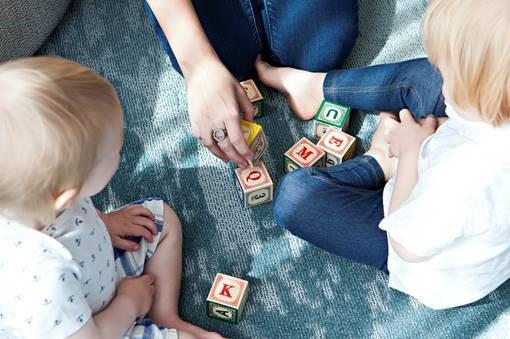
As children grow and learn from pre-k to grade 3, they develop skills that are foundational to (support) their ability to read, write, compute, problem solve, and approach learning in positive ways. Some examples of these skills include:
- identifying letters and letter sounds,
- holding a pencil,
- drawing figures and letters,
- recognizing numbers and patterns,
- counting, and
- sticking with challenging tasks.
Why are foundational skills important?
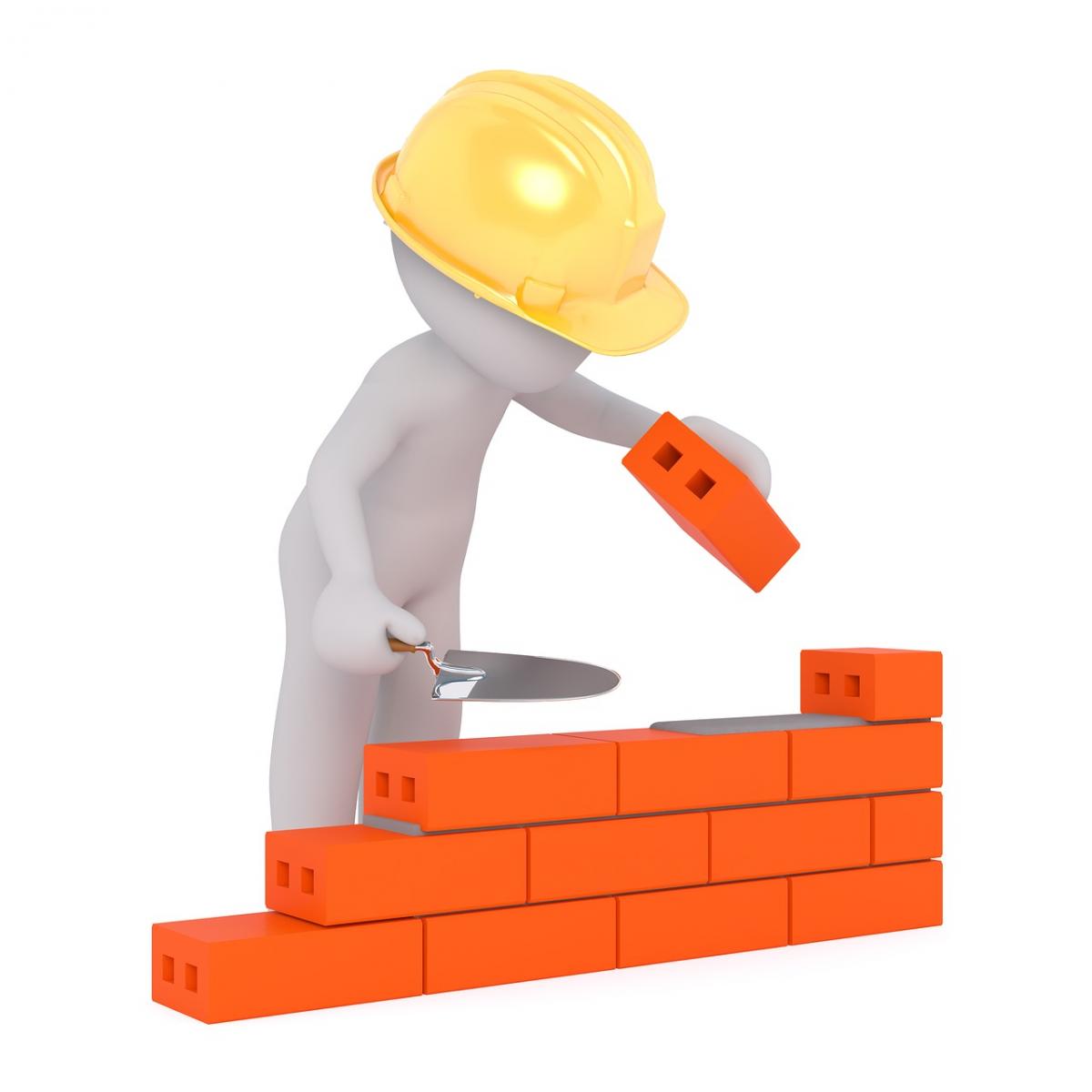
Foundational skills are important because they help children be successful with future learning. Just like a strong foundation in a house supports the walls, windows, and roof, foundational skills play an important role in students’ learning. These skills provide students with the tools that help them engage in deeper learning across all subject areas.
Like learning to speak and move, foundational skills grow from simple to more difficult. While foundational skills develop along an expected time frame, each child’s pace is unique—they will learn some skills quickly and others may take more time and practice. There is no exact spot that defines where your child should be at a given time, but instead an age range during which these skills typically develop.
What can parents and caregivers do to support foundational skill development?
As children’s life-long teachers, the interactions parents and caregivers have with children supports foundational skill growth. Here are some ways to help:

- Learn about the foundational skills at your child’s grade level.
- Watch your child as they play and notice how their skills are growing.
- Talk with your child’s teacher(s) to share what you notice and to find out what skills they are working on in school.
- Ask which skills may be helpful to practice.
- Use the ideas in this module to help your child practice.
- Talk with your child in your native language.
